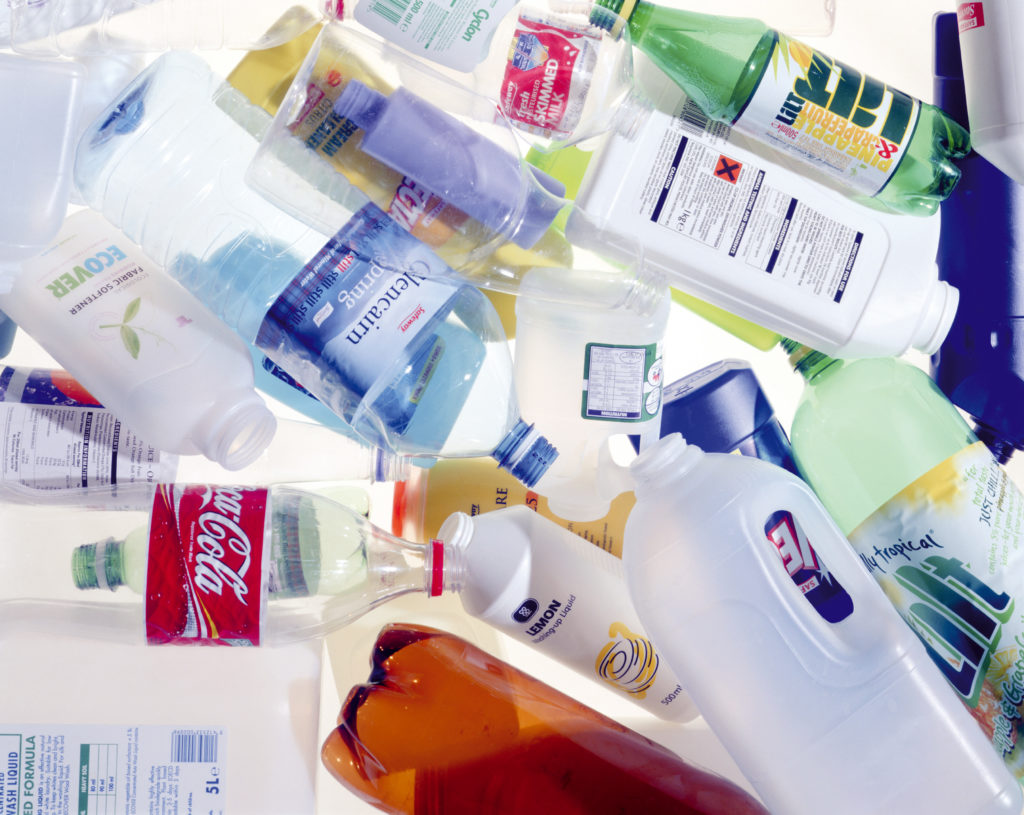The two bodies said that while 94% of UK adults claim to recycle plastic “at least most of the time”, this isn’t reflected in national plastic recycling rates. They commissioned the independent study, also launching the initiative PlasticRecyclingFacts.org.
The campaign is designed to “increase customer confidence in recycling” by utilising online influencers and social media content. The site also includes an information hub dedicated to educating consumers about the importance of plastic recycling.
The independent study combined national polling and qualitative interviews. 60% of UK adults claim to “always” recycle plastic, with another 34% stating that they “usually” do.
Those that answered “always recycle” were found to be mainly female and older, and typically found in Wales and the South West of England.
Barriers
Results of the survey highlighted two main barriers to effective plastic recycling within UK households – time pressure and confusion.
Households with children aged 0-10 are said to be “less likely” to recycle (lower than 40%) due to having less time.
70% of respondents said that they would recycle more plastics if they were “better informed” on which plastics can be recycled at home, suggesting that better communication could improve the issue of low recycling rates.
PlasticRecyclingFacts.org is designed to “spread the word” about the role plastics play in the circular economy, aiming to “bust myths” and encourage the general public to prioritise plastic recycling.
‘Demystifying the process’
Philip Law, director general of BPF , said: “The benefits that plastic packaging offers around food waste reduction are immense, but it must be disposed of responsibly, so the material is recycled, wherever possible, and does not potentially end up in the environment.
“We would like people to feel more confident when it comes to purchasing goods in plastic packaging, to understand that they can recycle the majority of their plastic packaging and that the system works.
“Plastic undoubtedly has its place in the circular economy, and consumers must have confidence that they have a vital role to play, making the most of material already in use by recycling as much of their plastic packaging as possible.”
Jacob Hayler, executive director of the ESA, added: “We want to explain which plastics can be easily recycled at home and which may need to be taken to other facilities, but also take consumers on a journey to see what happens to plastic once it’s collected.
“By demystifying the process, we hope to show that recycling isn’t just a black hole or wishful thinking – it’s a thriving industry and a vital part of solving the world’s environmental challenges.”
Visit PlasticRecyclingFacts.org here.











Subscribe for free